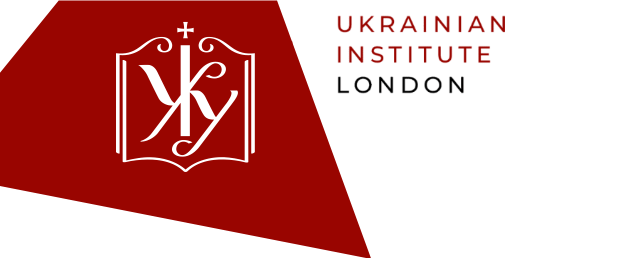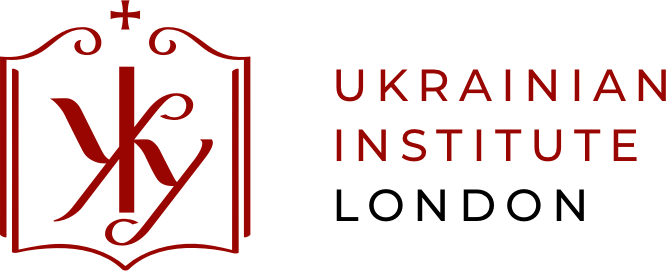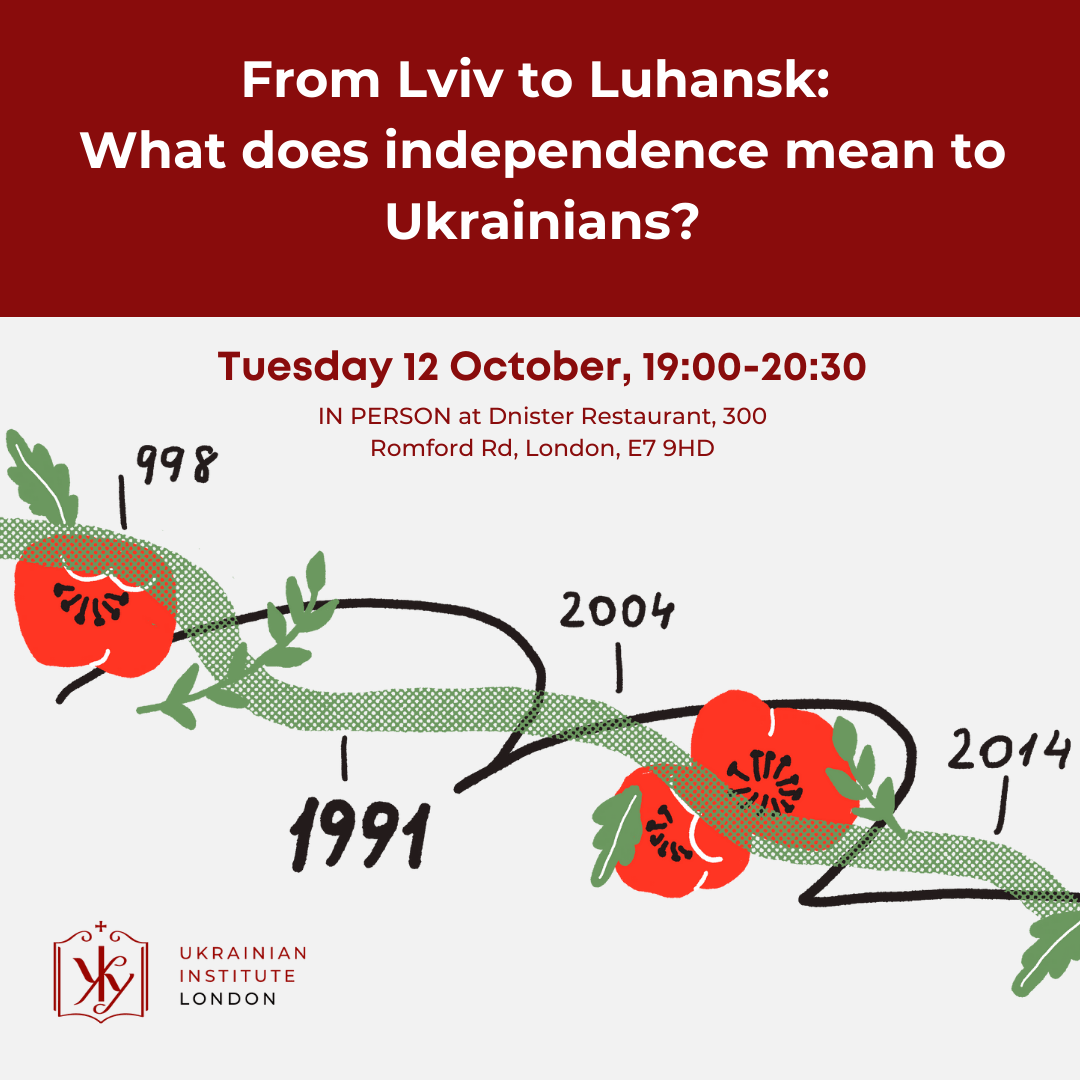Speaker
Peter Pomerantsev
(Peter will be joining our event via Zoom, with all other speakers in person)
Peter Pomerantsev is an author, TV producer and director of the Arena Programme at Johns Hopkins University, a research initiative dedicated to overcoming the challenges of disinformation and polarisation. Peter writes for a wide range of publications, including the Financial Times, the London Review of Books, Politico, Atlantic and many others. His book on Russian propaganda, Nothing Is True and Everything Is Possible, won the 2016 Royal Society of Literature Ondaatje Prize and was nominated for a number of others, including the Samuel Johnson Prize, the Guardian First Book Award, the Pushkin House Russian Book Prize and The Gordon Burn Prize. It has been translated into over a dozen languages. Peter’s latest book, This is Not Propaganda won the 2020 Gordon Burn prize.

Speaker
Jaroslava Barbieri
Jaroslava Barbieri is a researcher with the Arena Programme and a doctoral researcher at the Department of Political Science and International Studies, University of Birmingham. Her research interests are Russian foreign policy, Eurasian security and democratisation in the Eastern Partnership countries. Her latest focus is Russia’s support to de facto states in Ukraine, Moldova and Georgia. Jaroslava has commented on post-Soviet affairs for Ukrayinska Pravda, Day Newspaper, and Oxford Analytica. Her latest publication The Dark Side of Decentralisation Reform in Ukraine: Deterring or Facilitating Russia-Sponsored Separatism? appeared in an edited volume for Palgrave Macmillan. Previously, she was a research consultant for the Ukrainian Institute and EU-STRAT and a research assistant for the Conflict Studies Research Centre. Jaroslava holds an MPhil degree in European Politics from the University of Oxford.

Speaker
Orysia Lutsevych
Orysia Lutsevych is a research fellow and manager of the Ukraine Forum in the Russia and Eurasia Programme at Chatham House. Orysia focuses on social change and the role of civil society in democratic transition in the post-Soviet region. Her recent research analysed Russia’s use of proxy NGOs in achieving its foreign policy objectives. Prior to joining Chatham House, she led the start-up of Europe House Georgia and was executive director of the Open Ukraine Foundation. Orysia has an MS in International Relations from Lviv State University and an MS in Public Administration from the University of Missouri.

Moderator
Maria Montague
Maria Montague is the Deputy Director of the Ukrainian Institute London, as well as a projects manager and researcher with the Arena Programme. She has a background in cultural management and international relations. She studied Ukrainian literature as part of her BA in languages at the University of Cambridge, and went on to do an MPhil at Cambridge in Ukrainian Studies. Maria has also worked on various theatre projects, including the English-language premiere of Maklena Grasa by Mykola Kulish, which had a UK tour in 2018, funded by Arts Council England. Maria was the translator and director of this production, which she staged with Night Train Theatre Company.




